By Servane Mouazan – This article was first published in 2017. This explains the pre-covid flavour.
“There is nothing more negligent than attempting to address a problem one finds on a branch than by censoring the leaves.”
Saul Williams
I was asked one day: why do you talk about a “sense of connectedness”? Isn’t it about your networking skills? Get good contacts for your business, know when and where to show up, and grow your business with all the knowledge, the wisdom and the opportunities you have gathered?
There’s that… and much more. Here’s a snapshot of the conversation:
“In 2008, a talk I attended in London during International Women’s Rights Day totally shifted my views. The guest was Angela Davis, the human rights and political activist, a professor in philosophy, and the founder of Critical Resistance, an organization working to abolish the prison-industrial complex.
Back in the 70s, as a leader of the Communist Party in the USA and the Black Panthers Party, she was branded a terrorist and was sent to jail, for being allegedly associated with a crime. Her friends and supporters did manage to keep her campaign in the limelight and worked tirelessly through hundreds of committees in the US and abroad to get her released. This fight became an important milestone in the fight against racism, which is sadly still largely unresolved.
“What kept me going is that sense of connectedness”
Why did she touch you?
Something, in particular, caught my attention during Davis’ talk. When Diane Abbott MP, who was interviewing her, asked: “What kept you going all this time?” Davis said: “Remember I wasn’t the one demonstrating on the streets, I was behind bars. What kept me going is knowing that I was connected. What kept me going, is that our message was out there. What kept me going is that sense of connectedness”.
The penny dropped. Despite all the tireless Angela Davises in the world, we still have to fight so many campaigns today, injustices, the regression of civil liberties, the misdistribution of wealth, the persistent racism, sexism, the consistent pillage of resources, extraction, and the list goes on… But I understand that if you combat these issues separately, without understanding systems and connections, you end up like King Sisyphus endlessly rolling a huge boulder up a steep hill, letting it roll down, and start all over again. Not worth the back pain.

What do you learn from this and why is it important in your day-to-day practice?
Growing a sense of connectedness is an act of bravery, humility, and generosity.
Growing a sense of connectedness is about letting go of your intentions to fix things straight away.
How do you measure connectedness?
You need to make a rough start by defining the way you interact with people and how you build relationships to achieve mutual goals.
- Along the way, you will identify people/organisations that have mutual goals.
- You will map the activities you need to design or engage with to meet with these relevant people/organisations.
- You will decide how you effectively engage with relevant people/organisations
- And collect evidence of how relationships have been built to progress work or enhance your impact.
- And you will put together the evidence of change that has occurred as a result of people coming together…
But don’t go yet. That was the easy part.
Here’s what I learned from Dr Davis:
- When you work to solve a social issue, you have to understand the complexity of that ecosystem. Remember that you are often seeing an issue through your own internal filters. And as good-willed as we might be, we are all heavily biased.
- The minute your campaign gets out there, any people involved closely or remotely, will carry the message based on how it resonates with them. The campaign, the cause, doesn’t belong to you anymore. (A bit like an artwork, when it is out there, you have to accept that its meaning, and interpretation, is not locked and cast in stone.)
- Immerse yourself: invest some time in exploring the problem you are trying to resolve. Start by shadowing as many people in their environment as you can. Listen to them, read about their issue. Investigate the issue without interfering, without judging, without blaming. And if you are touched by the problem, seek support to deconstruct and articulate the circumstances you are in. It can be a non-judgmental friend, a coach, a mentor or a therapist if you can afford/access one.
- Practice great questioning: open questions, non-judgmental questions, silence! This is where your coaching skills can be very valuable!
- At every step of the way, you have to accept that your biases and your background are heavily filtering your understanding of the situation. You will NEVER know how it feels to be homeless unless you have been homeless. You will never know how it feels to be assaulted until you have been assaulted. You will never know how humiliating it can be sometimes to be given charity until you have been in a situation of mental or physical deprivation. And these are only a few examples.
- Growing a sense of connectedness is accepting that you don’t know and being in a perpetual mode of searching, challenging black and white solutions, or half-baked study headlines. It is about accepting that solutions are never perfect and the closest they can be to perfect is limited by time and space. However, growing your empathy is key to reach better connectedness. Listen to Brene Brown explaining her definition of empathy.
- A sense of connectedness is about sensemaking: seeing signals, then patterns and relationships before they even take place or where they might have been “misplaced”. It’s being pulled by the final desired outcomes and capturing the tiniest details that can trigger the wildest change! Cassi Robinson, the co-founder of The Point People, explains it beautifully here in an article about the “networked mindset”.
- It is about opening yourself to your deepest vulnerabilities and starting from ground zero. (Read how I did it here, page 26-27) Can you look into the mirror and say: how about I start doing what I am preaching? How about I practise self-care in a way that will make me less of a jerk with others, less misaligned, less fed up, or less overwhelmed? How about I start to be more like the person I want people to enjoy being with and learning from? How about I get things done in a way that is good enough and inclusive enough, and totally connected with the rest (including me)?
And finally, how about knocking on your neighbours’ door?
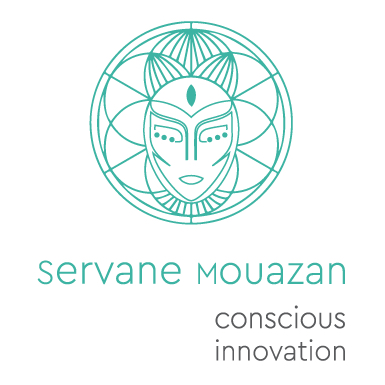
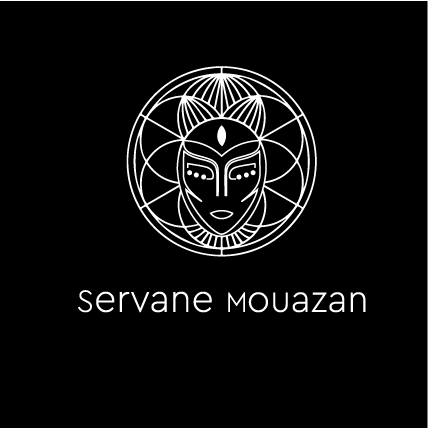
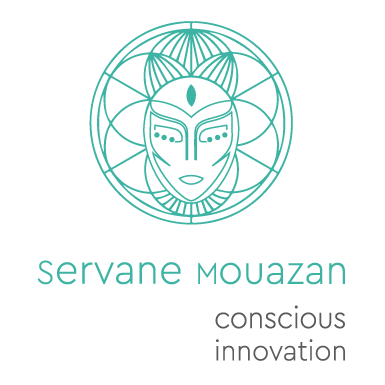
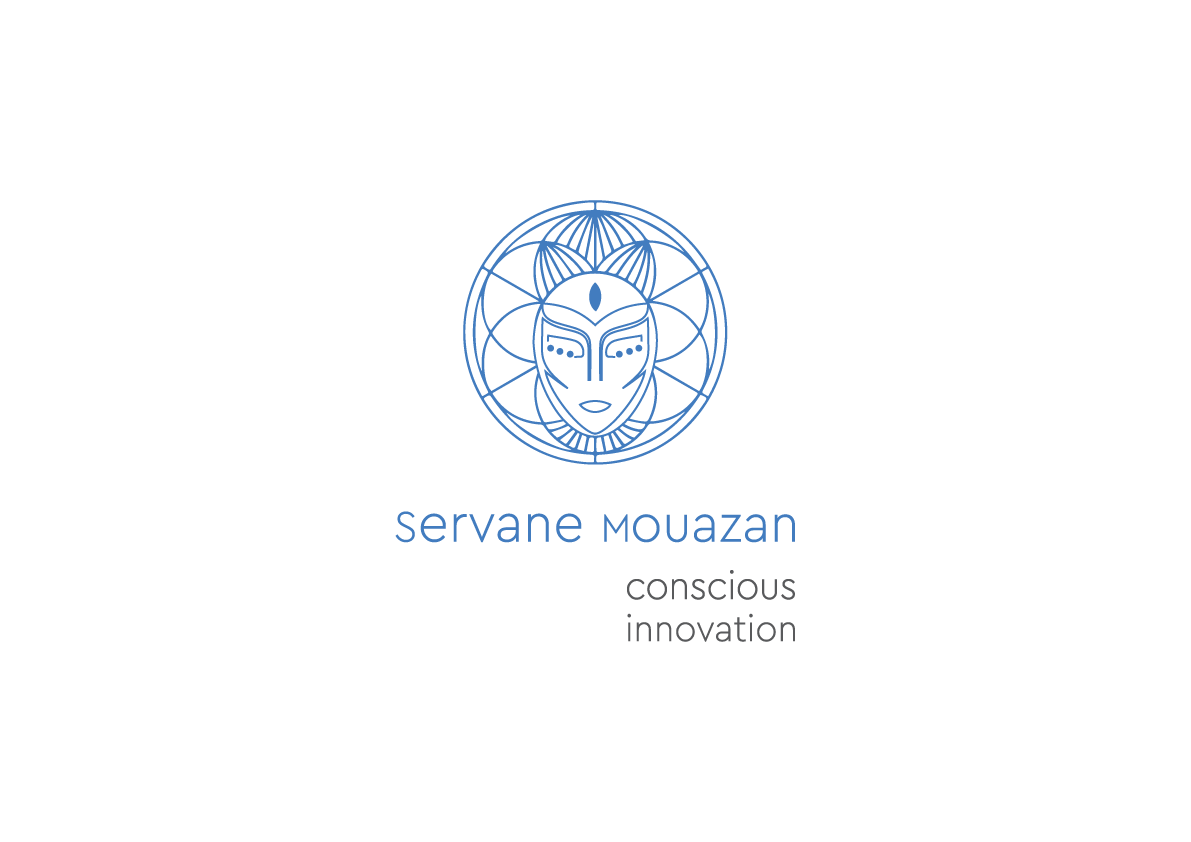
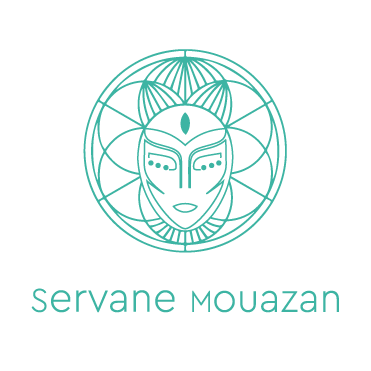
You must be logged in to post a comment.